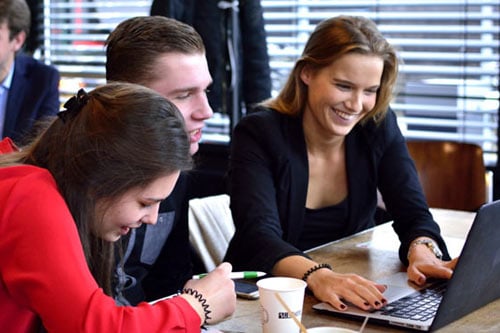"This is the right time to teach students that these "Goals" are often at odds with one another, as well as how private firms are contributing to meeting them. It's important for students to identify how to develop a number of pathways for firms to contribute positively to these Goals through their actions and identify what the trade-offs are in doing so." Dr. Ziko Konwar, University of Leeds
On Tuesday 7th June we hosted a webinar together with guest speaker, Dr Ziko Konwar, Assistant Professor of International Business at the University of Leeds and Edumundo's own, Leon Lloyd. Here we discussed the impact of the Sustainable Development Goals (SDGs) on business and how they are changing the way business management and strategy subjects are being taught in Higher Education.
In this blog article, we provide a recap of the key highlights and insights presented and discussed during the webinar including: examples of participants' questions at the end and a sneak peak at our Sustainable Business Simulation.
Achieving the SDGs
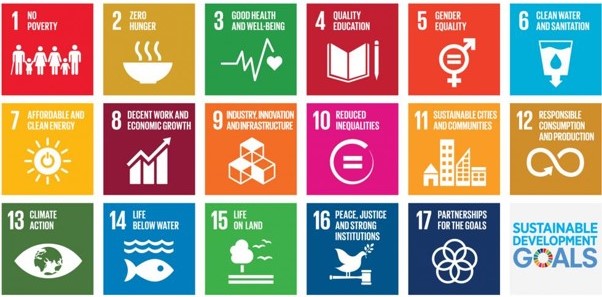
The webinar began with an introduction from Ziko on what the SDGs are and how alignment to these and not simply ESG-based initiatives are of high importance to a range of stakeholders.
He also summarised a research project that he and, his colleague at the time, Dr Hinrich Voss undertook which looked at how countries are responding to meeting the SDGs. Within this they identified three key factors that will influence whether the Goals are met or not:
- Underfinancing - Currently there is a need for more gross SDG financing in six priority areas
(Sachs et al. 2019, Nature Sustainability):
(1) education, gender and inequality;
(2) health, well-being and demography;
(3) energy decarbonization and sustainable industry;
(4) sustainable food, land, water and oceans;
(5) sustainable cities and communities
(6) digital revolution for sustainable development.
This will need to include major "societal" transformations e.g. moving away from carbon-based fuels and pollutive land usage amongst many other practices. - SDG Interactions - The inter-linking of one or more SDGs to others. The 17 SDGs are not all siloed targets but many inter-link with one another. For example, the production of green fuels may increase the achievement of goal numbers 7 'Affordable and Clean Energy' and 13 'Climate Action' but could decrease the likelihood of achieving goal number 12 'Responsible Consumption and Production' due to the way these 'greener' fuels are manufactured. Therefore, better understanding of how these inter-link and relate to one another, and indeed for some countries where to prioritise certain SDGs in order to meet them - at least in the short-term, is much needed.
- Corporate responses - Mitigating trade-offs and contributing to SDG Interactions - How committed corporations are to tackling the SDGs and what thresholds they set to invest in sustainable practices and with what cost to their business. Ziko pointed out: "A recent study, a meta-analysis, from colleagues at NYU looked at the relationship between ESG initiatives and financial performance and is marked over a longer-term horizon [in terms of financial benefit]." Encouraging and incentivising corporations "to play the long game" and ensuring their long-term commitment to these goals without their switch to "washing" initiatives will also be critical.
The impact of the SDGs in changing priorities at a country-level has been vast, and a process, for many countries, that has been well underway for more than decade but more recently the focus has switched to the role private sector corporations hold in meeting these SDGs through their own practices. This leaves questions and challenges around what business management now needs to prioritise and thus opening up further questions for educators teaching the subject.
Pedagogical Challenges for Management Learning
"We have to find a way to embrace this complexity and feed it into our curricula. This is the next challenge, we also need to future-proof the skills and competencies of our learners."
Both Ziko and Hinrich's research into the response to meeting the SDGs illuminated challenges in teaching management students about the topic: namely, how to embed the complexity and scale of the SDGs and corporations' obligations to them within existing curricula and within traditional models, theories, and concepts.
Three challenges emerged around teaching the SDGs effectively:
- Curriculum Embedding - How to capture the complexity of the SDGs and embed them into new and existing curricula and to what scale, across which programmes and individual modules?
- Developing New Skills and Competencies - How do we make "future-proof" and develop students' skills and competencies for sustainable/SDG-aligned business management and a new business ethos?
- Assessment - How do we assess students' overall learning and measure what knowledge they have acquired and skills developed and utilised?
One of the motivations behind the research and approach to teaching the subject is what Ziko believe is an "ethical and moral obligation":
"As educators there's an ethical and moral obligation [to teach the SDGs], we need to embrace these Goals meaningfully in a way that our learners can not only understand the implications but also see business opportunities to innovate within this new environment."
As part of addressing point 3. 'Assessment', Ziko and Hinrich looked at how their use of simulations in their teaching could play a valuable role in capturing knowledge acquisition, as well as introducing how and where the SDGs will have an impact in business strategies and operations.
Developing a "Sustainable Business Simulation" - Working with Edumundo
"I've been working with Edumundo for around six years and there have been systemic changes to embed these sustainability-related themes in the simulation."
Ziko has been using our Phone Ventures business simulation during the previous six years at the University of Leeds but as the topic of business sustainability has evolved to become more prominent in management teaching, he has provided valuable input into the design of our own SDG-based version of the simulation.
"A simulation is a great way to teach a subject like International Business Management. A sizeable number of concepts and theories can be covered and it does wonders for students' learning of the subject. I've been working with Edumundo for around six years and there have been systemic changes to embed these sustainability-related themes in the simulation."
Ziko and Hinrich also developed joint-assignments to measure what students had learned from the simulation experience:
"In the joint-assessment we're using materials from two modules and we use the simulation as it's a great way to test their understanding of concepts and theories. Students provide a reflective analysis in which we can assess their learning."
Check out the video to the right for a short "snippet" of the Sustainable Business Simulation that Leon demoed.
THE Q&A SESSION
"It's fantastic to see such a relevant simulation package for students"
Webinar Participant
The webinar culminated with a Q&A session where participants were able to ask questions to both Ziko and Leon on the themes discussed. Here were a couple examples of the questions asked:
- "Do you think one of the reasons why most countries in sub-Saharan Africa and Latin America are lagging behind in the achievement of the SDGs is the functionality and acceptability of the SDGs by public enterprises? It appears public enterprises in those areas are the economic drivers."
Ziko: "SDGs as a concept is also quite alien in many contexts. However, two or three SDGs in these regions are on-track such as 'Climate Action'. I don't like to generalise but one reason they may be lagging behind on others is due to financing, low-middle income countries are the ones struggling with financing and creating effective public-private enterprises and relationships." - "Some of these sims are probably great for upper level students or grad students. Any suggestions for entry level business students, or do you think they are not appropriate for new business students?"
Leon: "We have a range of different simulations and some are focussed at lower-level students and upper high-school levels, too. We can also take some of our more complex simulations and tailor them for the comprehension levels of the students."
If you are interested in finding out more about our business simulations in general, click on the button below otherwise sign-up for updates on future webinars further down!
DID YOU MISS THE WEBINAR? DON'T WORRY...View the recording
LOOKING FORWARD TO OUR NEXT WEBINAR? Sign-up to our newsletter for updates.
References:
Sachs, J.D., Schmidt-Traub, G., Mazzucato, M. et al. Six Transformations to achieve the Sustainable Development Goals. Nature Sustainability 2, 805–814 (2019). https://doi.org/10.1038/s41893-019-0352-9

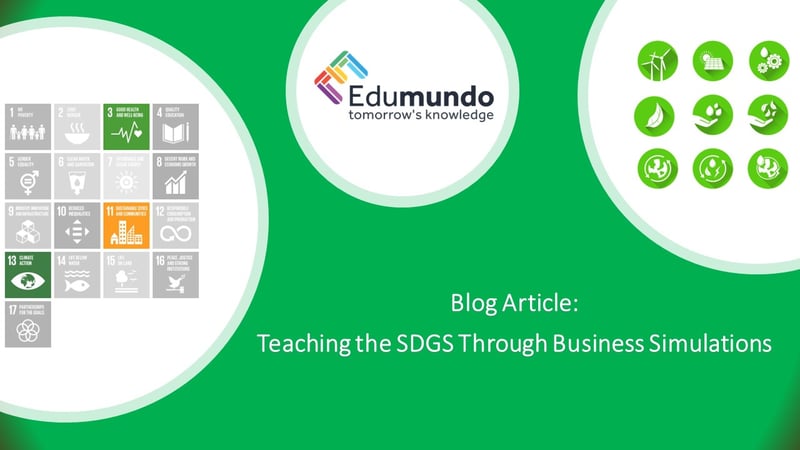
.png?length=300&name=unnamed%20(11).png)
.png?length=300&name=unnamed%20(7).png)
.png?length=300&name=unnamed%20(8).png)
.png?length=300&name=unnamed%20(6).png)

.png?length=300&name=unnamed%20(10).png)
.png?length=300&name=unnamed%20(5).png)
.png?length=300&name=unnamed%20(9).png)
.png?length=300&name=unnamed%20(4).png)
.png?length=300&name=unnamed%20(2).png)
.png?length=300&name=unnamed%20(1).png)
.png?length=300&name=unnamed%20(3).png)
.jpg?length=300&name=unnamed%20(2).jpg)
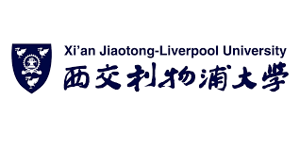
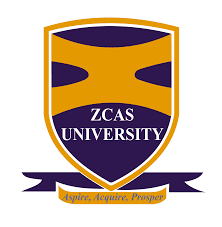


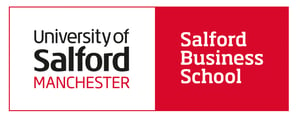
.png?length=300&name=loughborough-university-logo%20(small).png)




